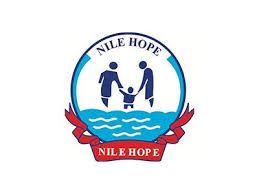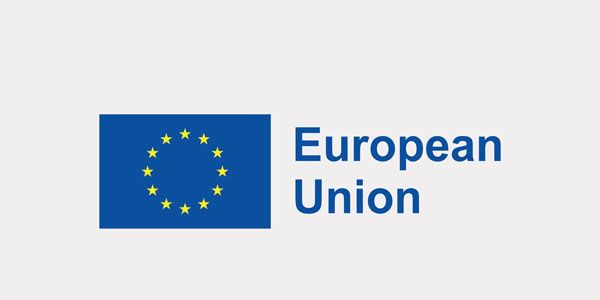The Issue
South Sudan remains one of the world’s most severe and complex humanitarian crises. In 2025, an estimated 9.3 million people need assistance due to overlapping challenges: conflict, extreme food insecurity, economic instability, and climate-related disasters. Escalating violence and ongoing displacement, compounded by mass returns from conflict in Sudan, are worsening living conditions, especially in Upper Nile and the Greater Pibor Administrative Area (GPAA).
Over 8 million people are projected to face crisis or worse levels of food insecurity, with nearly 70% of households lacking reliable access to food. Malnutrition rates are alarming, especially among children, with 2.1 million expected to be acutely malnourished by mid-2025.
Protection risks are widespread. Conflict, displacement, and poverty heighten vulnerabilities, particularly among women, children, and people with disabilities. Gender-based violence, child exploitation, and psychosocial distress are prevalent. More than 5.5 million people urgently require protection support.
Additionally, recurrent floods and droughts continue to devastate livelihoods, displace families, and limit humanitarian access. These environmental shocks, combined with fragile institutions and limited services, fuel inter-communal tensions and prolong the crisis. Addressing these interconnected needs requires integrated, timely, and community-driven humanitarian interventions.
The Project
This 12-month, cash-based project targets urgent humanitarian needs in South Sudan by combining multi-purpose cash transfers (MPCT) with critical protection services. Designed to respond to widespread food insecurity and protection risks, particularly among returnees, displaced populations, and host communities, the intervention focuses on empowering vulnerable people while preserving dignity and choice.
To tackle severe food insecurity, MPCT will support 3,568 vulnerable households across three counties. The use of e-vouchers will help overcome challenges related to inflation and currency instability, ensuring access to food and basic necessities. To prevent market distortion and minimise protection risks, the project includes support to local markets and adheres to a “Do No Harm” approach.
Protection is fully integrated into all aspects of the response. Community Protection Networks will lead awareness-raising and advocacy efforts to reduce harmful practices and improve access to services. For survivors of gender-based violence, safe spaces will offer comprehensive case management, with “cash for protection” addressing urgent needs. Child protection services will include the creation of Child-Friendly Spaces, providing psychosocial support, recreational activities, and tailored case management.

The Change
The project is expected to bring measurable improvements in both food security and protection outcomes for vulnerable populations in Upper Nile State and the Greater Pibor Administrative Area (GPAA). By providing MPCT, the action will strengthen purchasing power, enabling families to meet their most urgent needs, including food, healthcare, and shelter. The use of e-vouchers will mitigate the effects of inflation and support access to local markets, helping to stabilise communities and reduce dependency on in-kind aid.
Protection outcomes are anticipated to improve through increased access to services for survivors of gender-based violence (GBV) and children at risk. Women and girls will benefit from safe spaces and comprehensive GBV case management, including cash for protection (C4P), while children will access child-friendly spaces offering psychosocial support, recreational activities, and specialised care. Community Protection Networks will drive local awareness and behavioural change, promoting safer environments and reducing harmful practices.
The Partner
Nile Hope was established in 2004 in response to humanitarian needs in hard-to-reach areas. It epitomises the spirit of localization of both humanitarian and development aid in South Sudan.
Essential to the lifesaving humanitarian work is the commitment to help rebuild safer, stronger places that people call home. Nile Hope promotes social justice, brings basic services closer to people and opens up economic opportunities.

About the project
Full Title: Provision of Integrated Protection and MPC Assistance to children, families and communities affected by conflict, floods and severe food insecurity in Upper Nile State and GPAA.
Timeline: March 2025 to March 2026
Partner: Nile Hope
Amount: 1,967,535.00 EUR
DCA Theme: Saving Lives and Fighting Inequality
Expected number of people reached: 27,962
Donor: European Union


